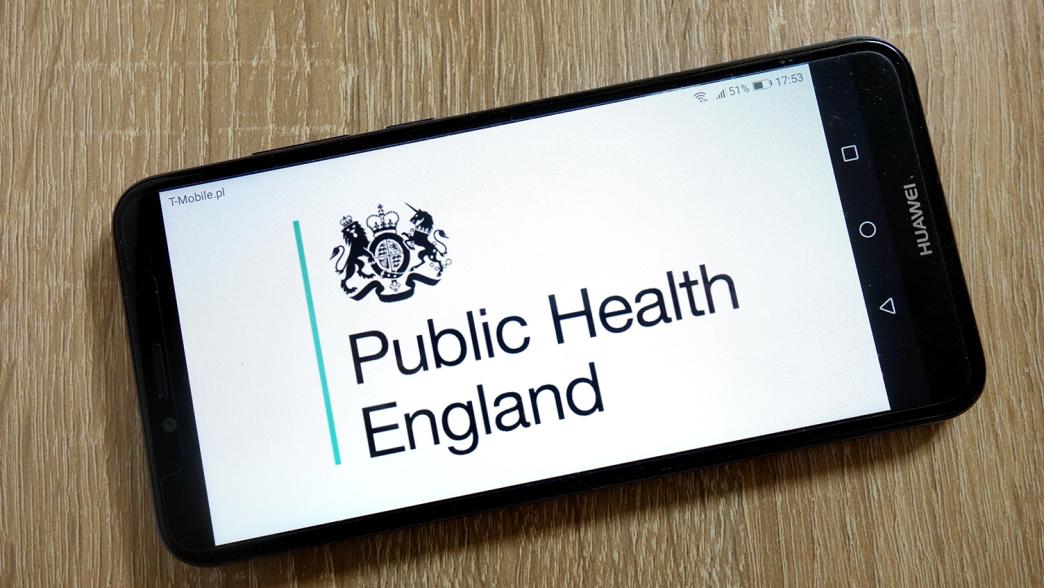Press release
Why abolishing public bodies often goes wrong – and how to get it right
The abolitions of public sector bodies are often misguided or delivered badly.

The abolitions of public sector bodies are often misguided or delivered badly.

IfG's annual Whitehall stocktake: Next government must launch most fundamental civil service reform in decades
How will the government’s new Post Office (Horizon System) Offences Bill work?
No.10 Downing Street, the Cabinet Office and the Treasury are not institutions capable of meeting the challenges facing the UK in the 2020s and beyond
The Treasury wields too much influence across government and dominates strategic thinking at the centre.